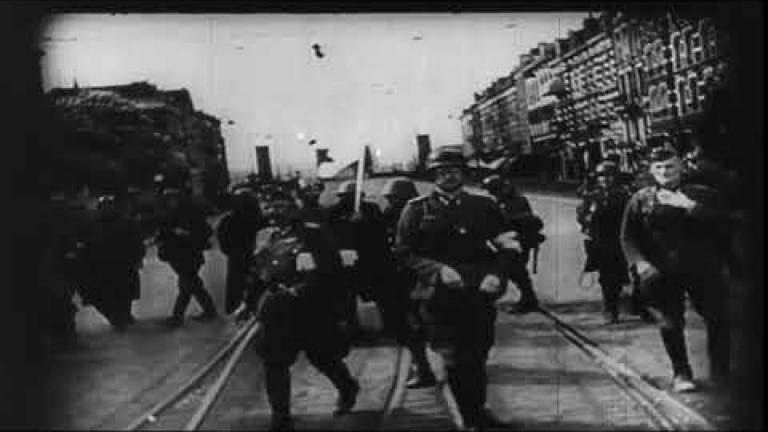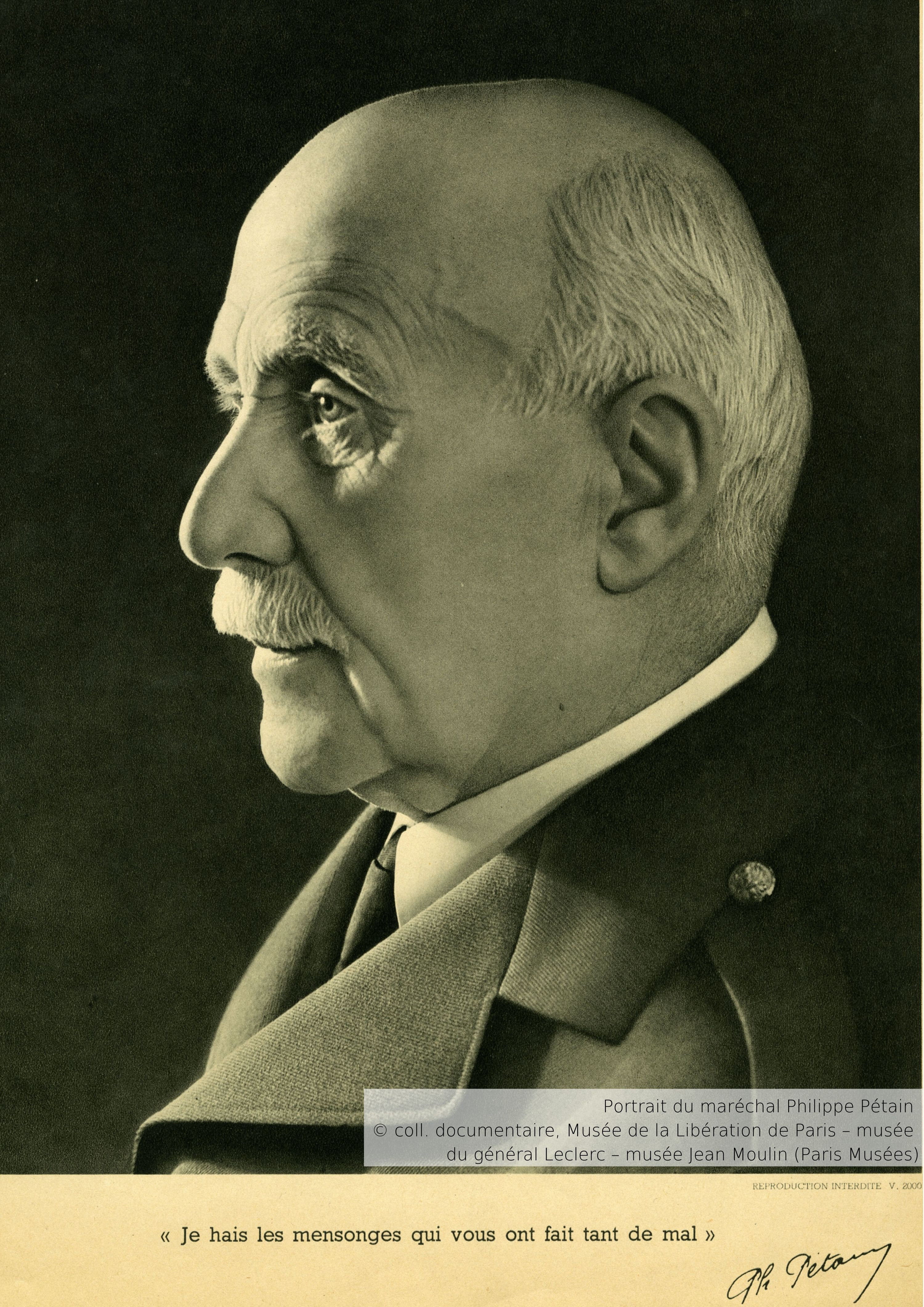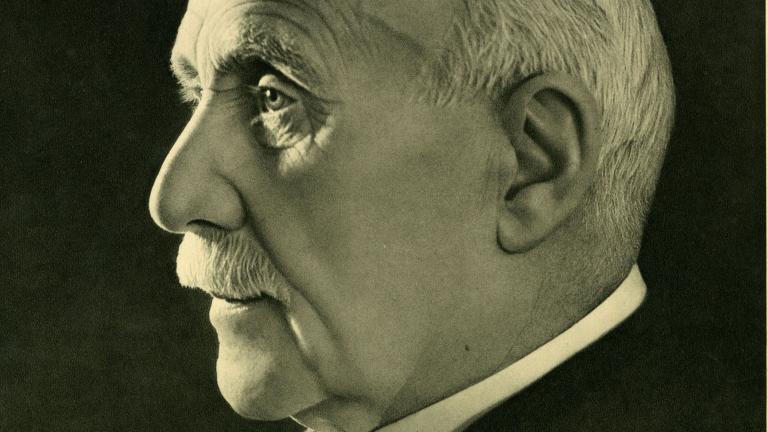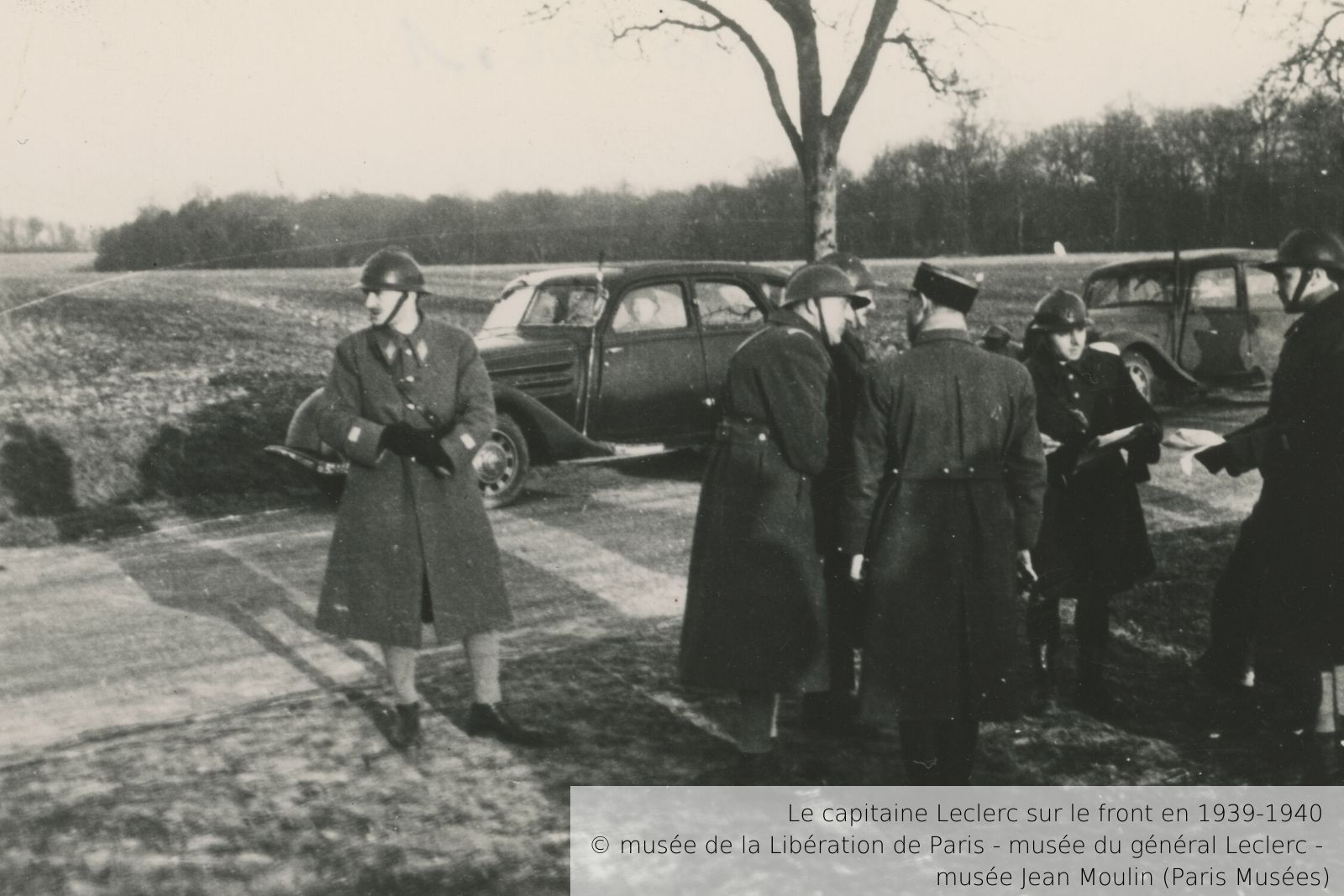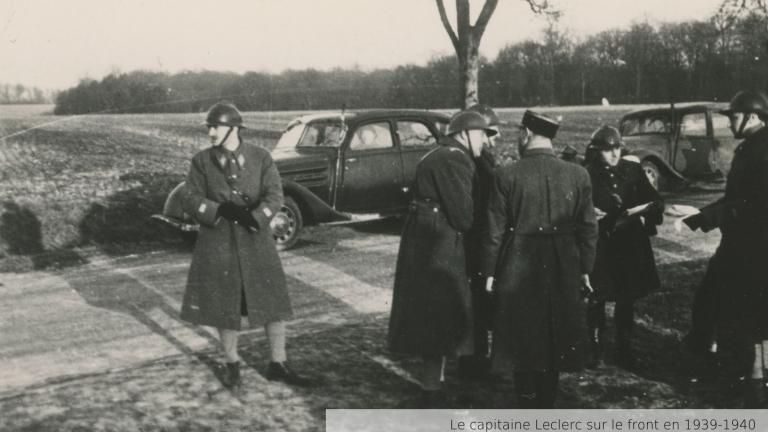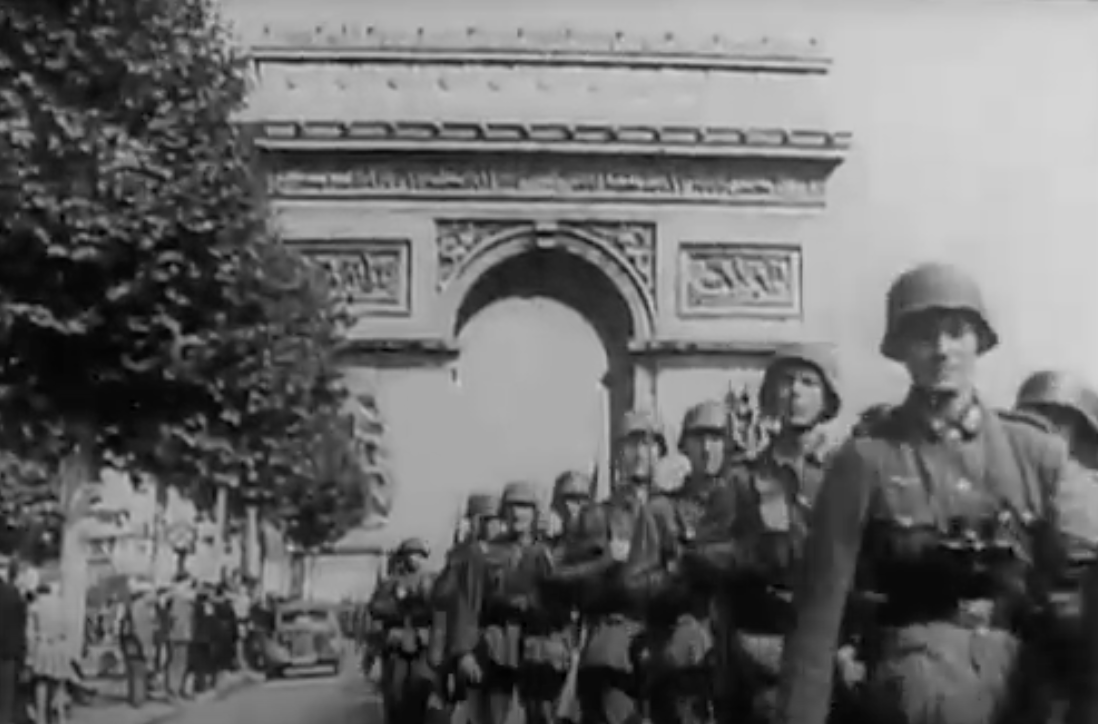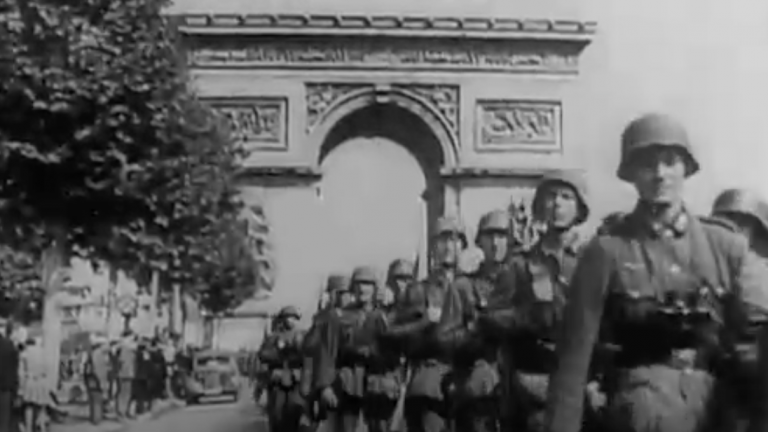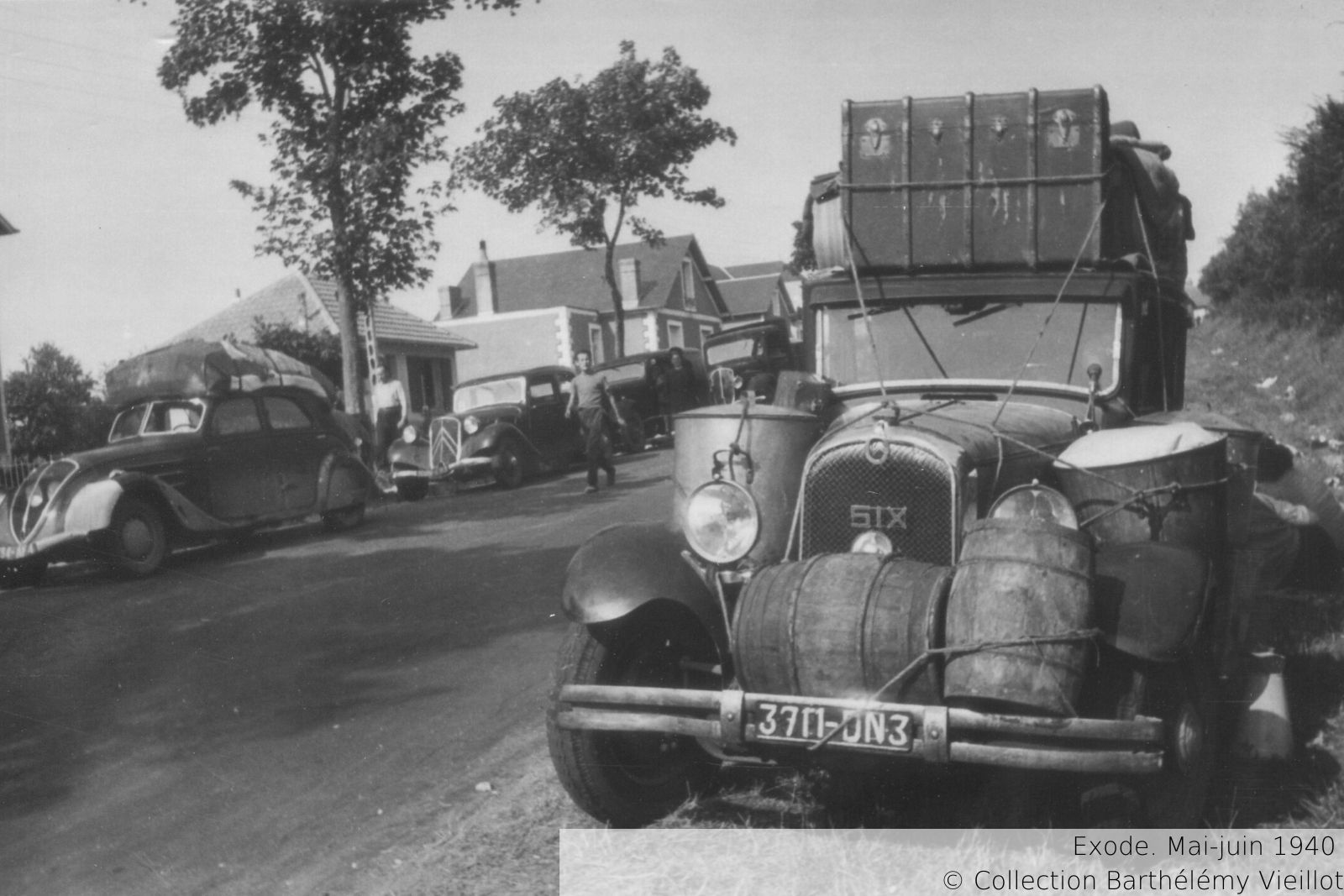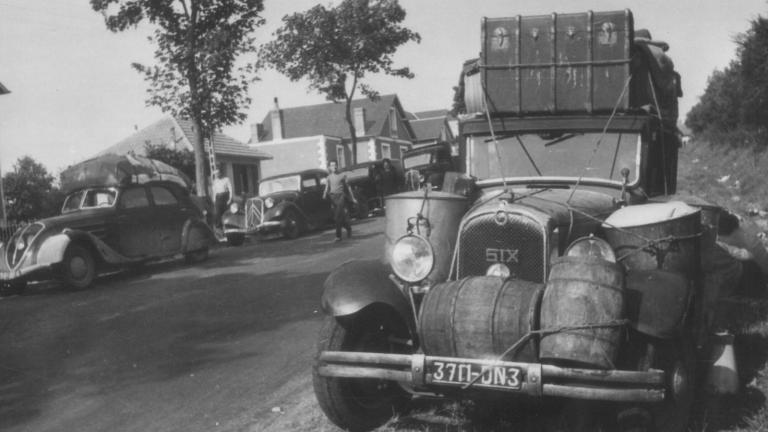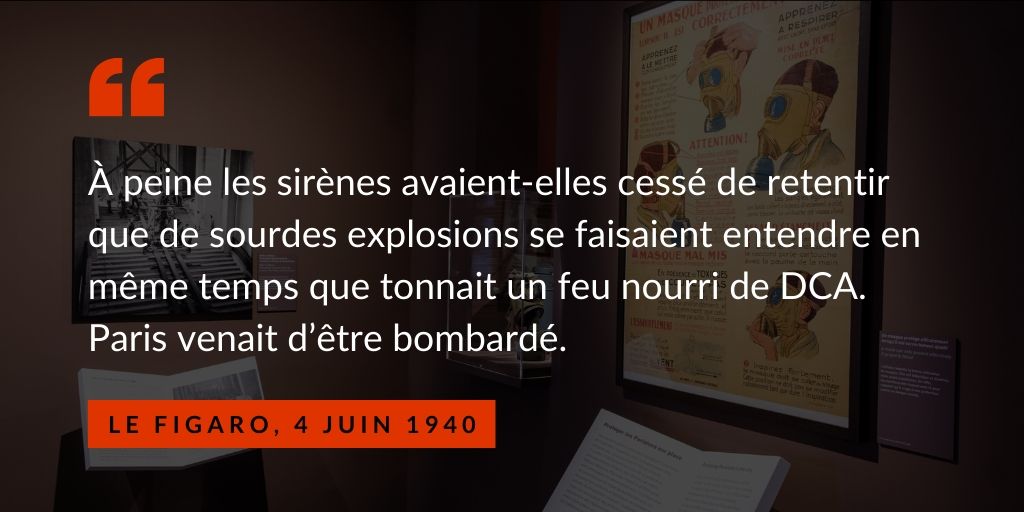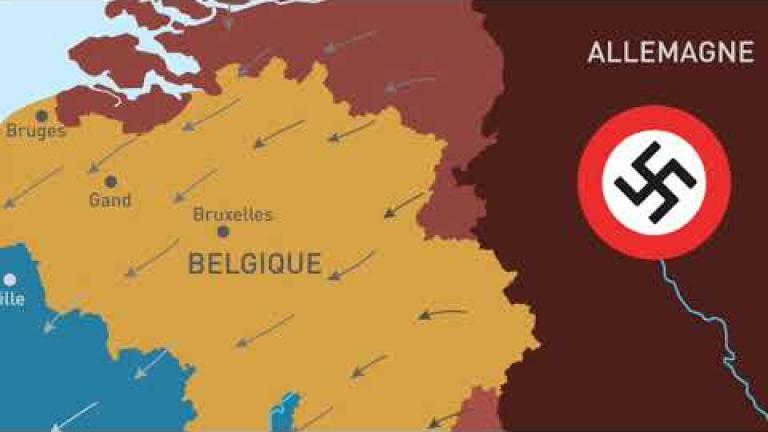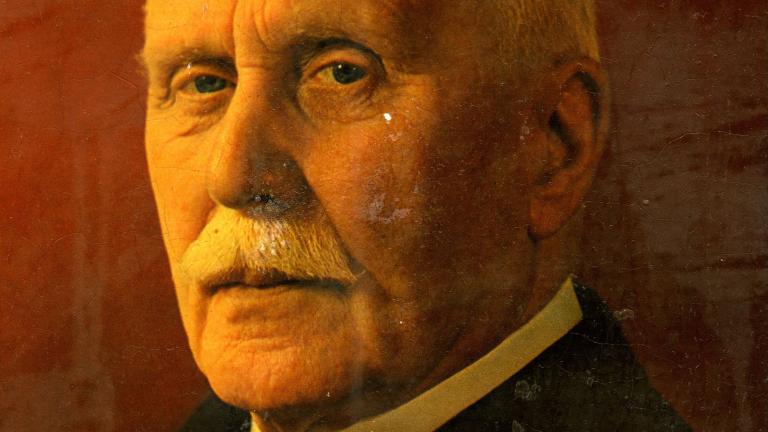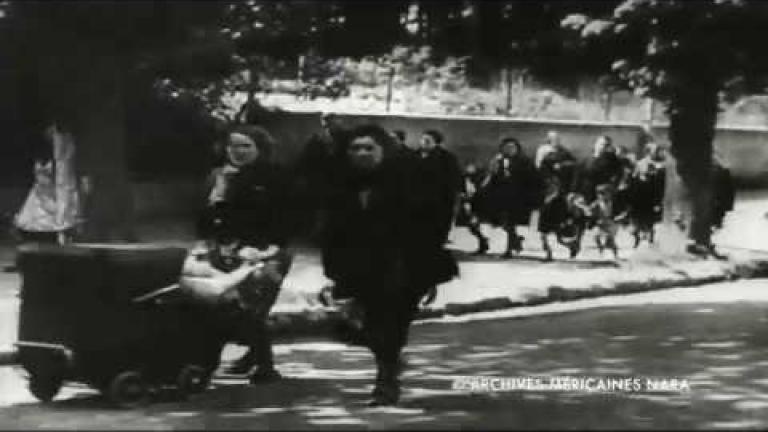The exodus day after day

How did events develop from the traumatic exodus of millions of French people to the German Occupation? Follow our thread to chart how these defining events shaped our history.
23 June 1940.
Adolf Hitler is in Paris. After signing the armistice, the Chancellor of the Reich and Nazi leader carefully stages his visit to the capital. Propagandist photographers and cameramen immortalise the Führer with images taken in front of the Eiffel Tower - the new master of Occupied Paris.
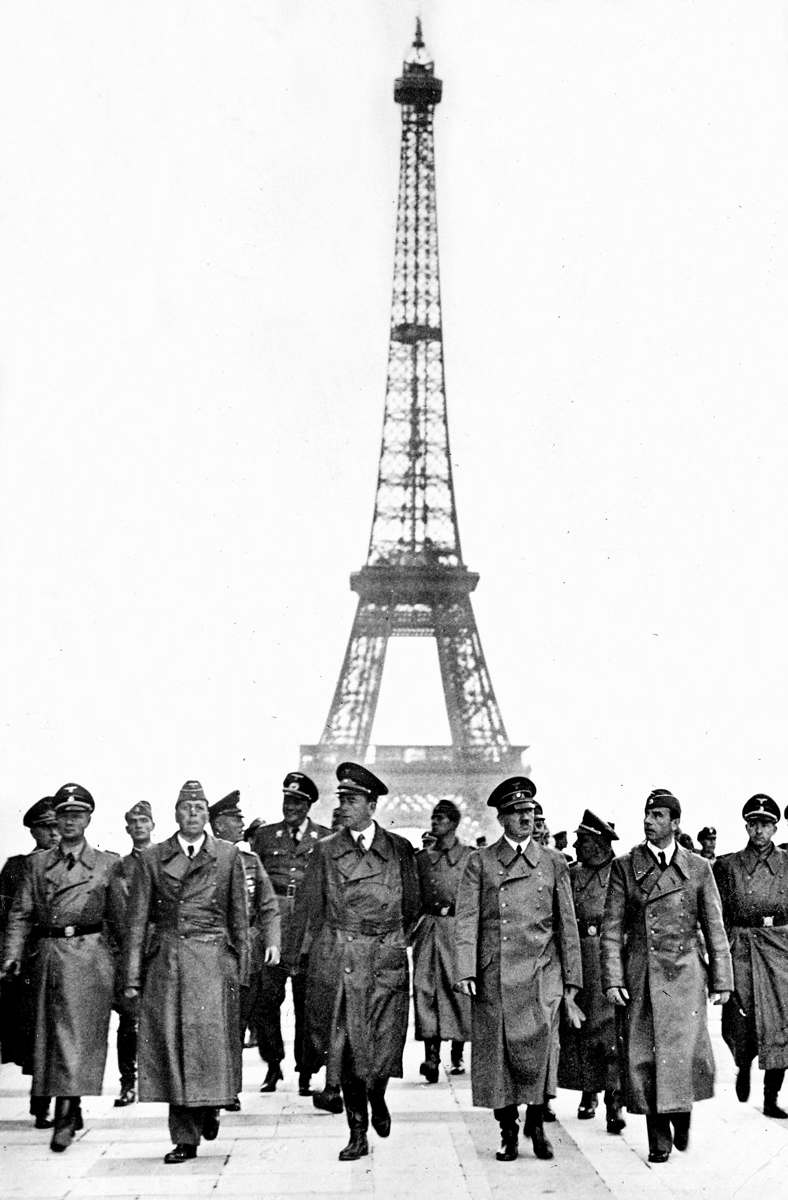
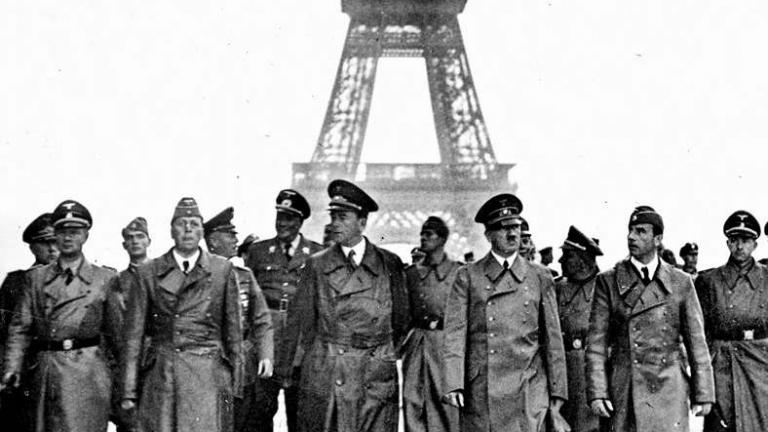
22 June 1940.
The forest of Compiègne. The armistice between France and Germany was signed at exactly the same site as in 1918 in the train carriage in the Rethondes Clearing shown here. Its terms were harsh, the German victor imposed a heavy economic price and carved up French territory into zones. A demarcation line separated the ‘occupied zone’ under German authority from the ‘free zone’ governed by Pétain from Vichy. For Parisians, the armistice marked the end of the exodus.
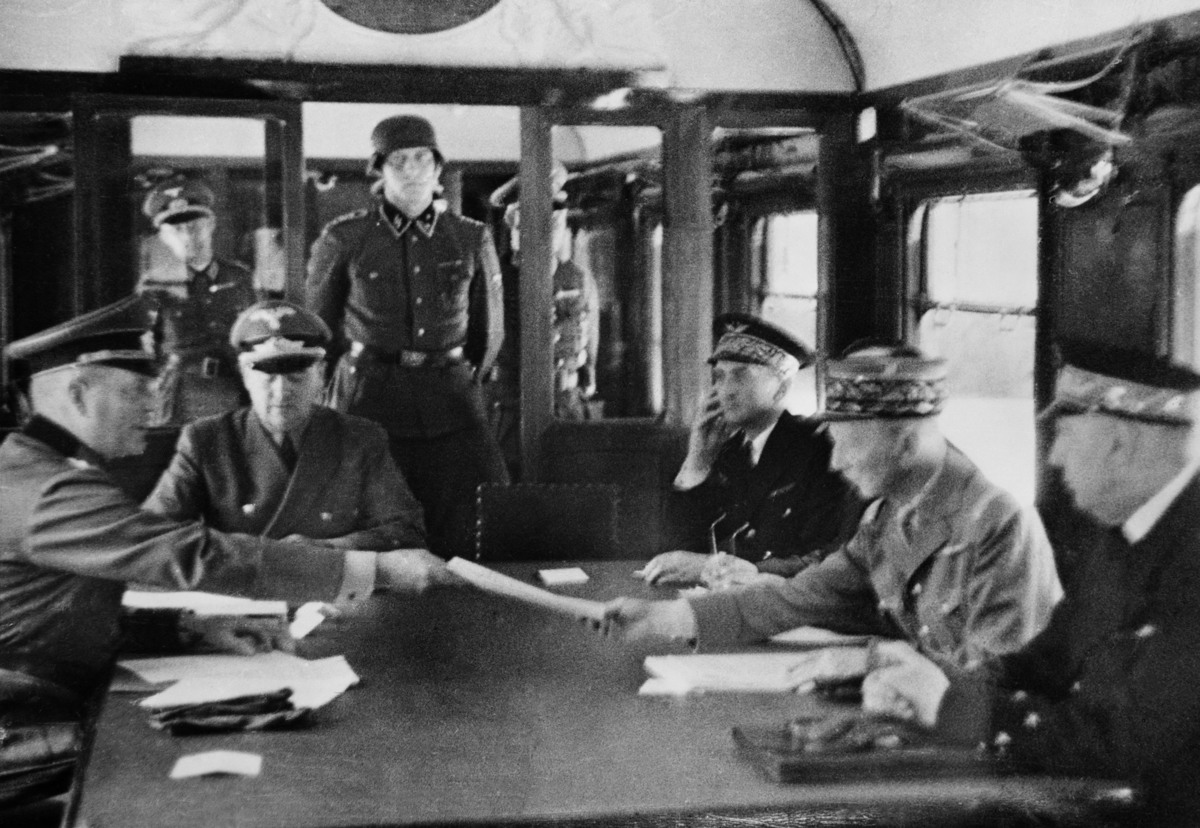
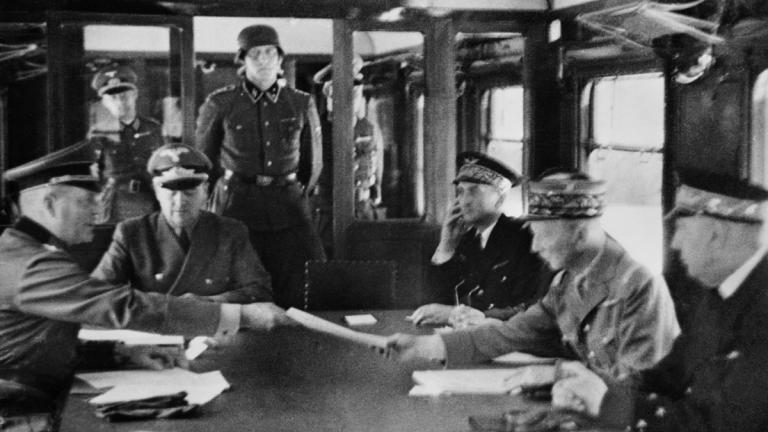
18 June 1940.
‘I invite all French people who wish to remain free to listen and follow me’. These were the words of General de Gaulle whose ‘Appeal’ from London called on the French to continue fighting. When he learnt that Maréchal Pétain had been nominated head of government, the future leader of the Free French flew to London. This first speech would become a symbol of the Resistance.
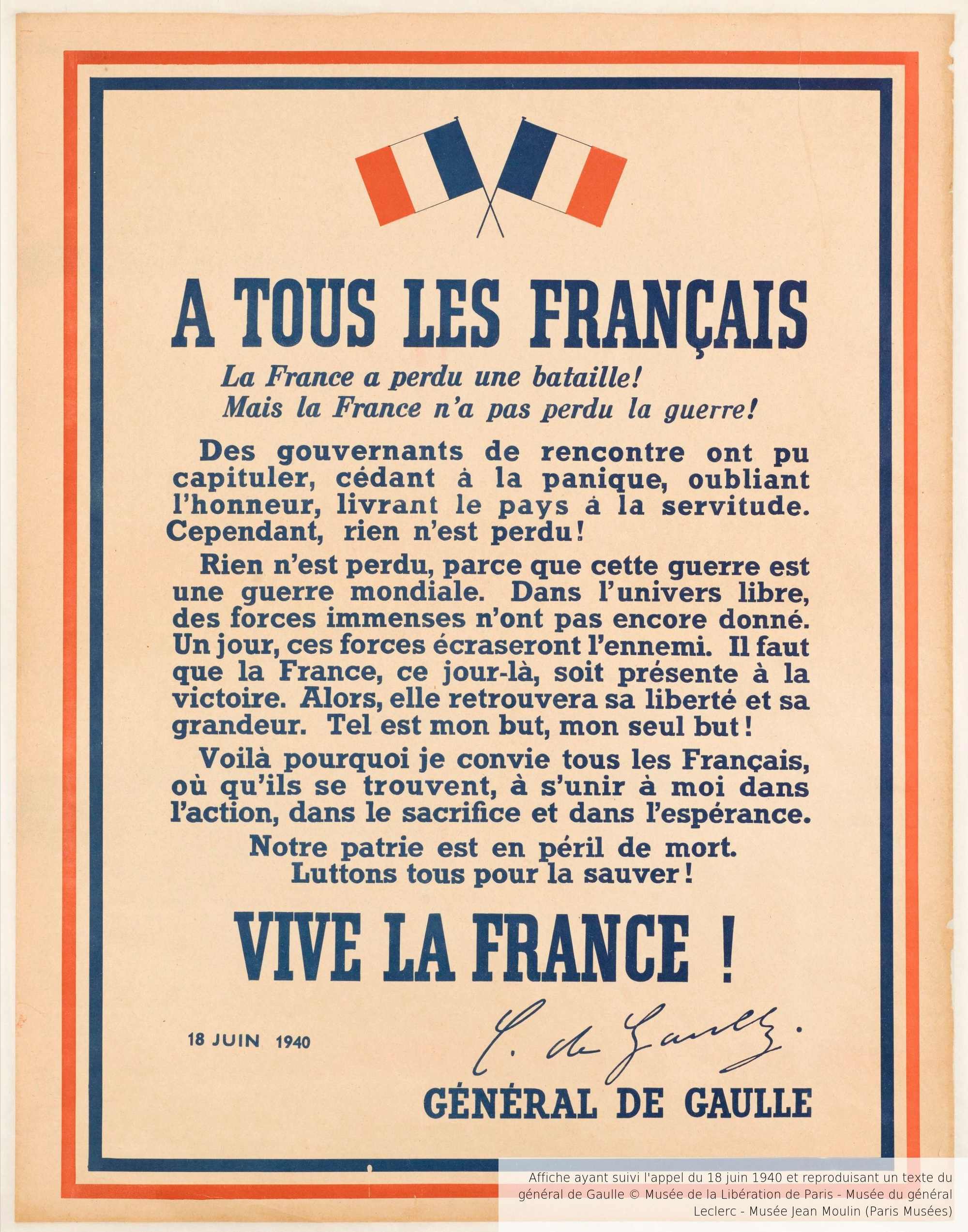
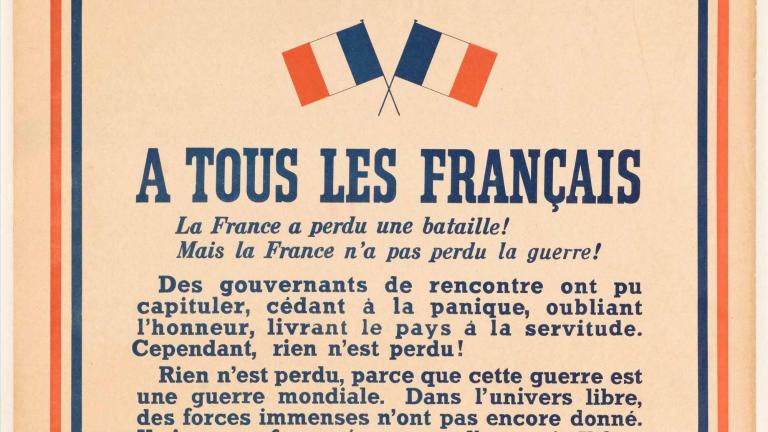
17 June 1940.
Jean Moulin is the prefect of Chartres when the Germans enter the city. While their bombs have massacred civilians on the roads, they want to blame these deaths on African soldiers in the French army. Jean Moulin refuses to play a part in this conspiracy. Viciously beaten for refusing to comply, he cuts his own throat out of fear that he might cave in. The future leader of the Resistance will carry the memory of this first battle for the rest of his life. He will get into the habit of hiding his scar with a scarf, such as in this photo sent a few weeks later to reassure his family.
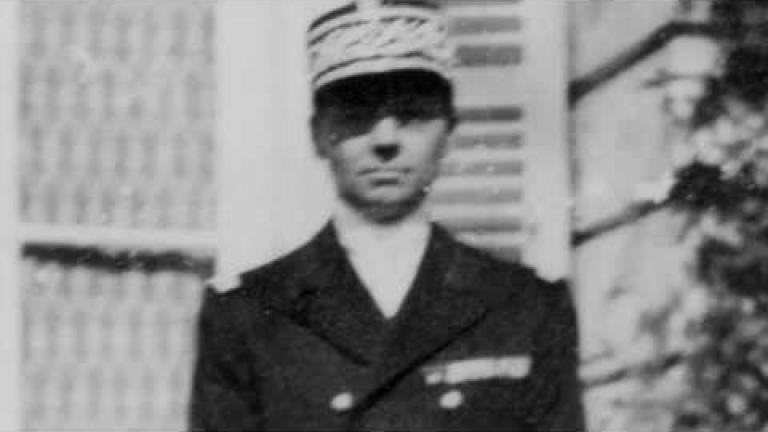
14 June 1940.
18 year-old Paul-Charles was last seen in Chartres after getting lost in the crowds of fleeing Parisians. Like him, 90,000 children were lost in the chaos of the exodus, separated from their parents by bombings or because parents handed them over to helpful drivers of passing vehicules who offered lifts.
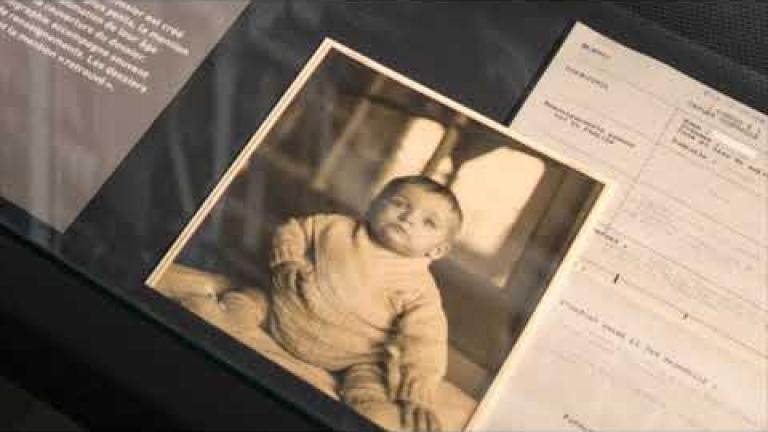
12 June 1940.
The columns of the 2 million or so Parisians who fled were subjected to German bombings and machine gun attacks. No-one was adequately prepared or equipped to deal with the exhaustion and violence they encountered. This child’s picture from the collections of the Musée national de l'Education offers a vivid depiction of what was happening, and is a moving echo of photographic images of events.
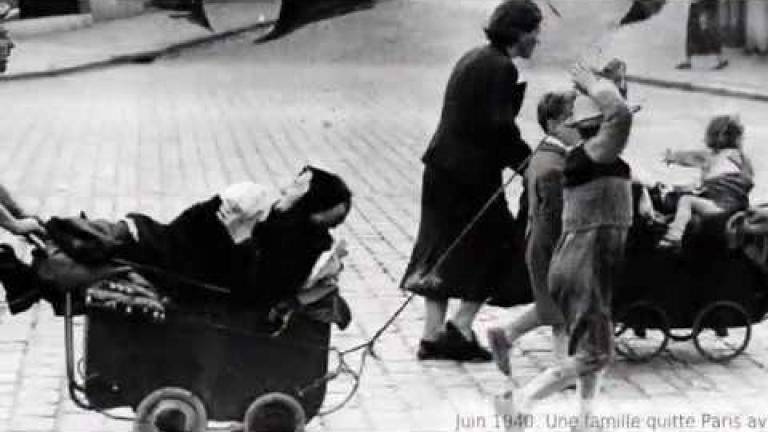
27 May 1940. Operation Dynamo is launched.
Faced with the rapid German advance, the British decide to repatriate their soldiers. After battling for 9 days near Dunkirk, nearly 340,000 soldiers were evacuated by the Royal Navy or civilian boats, a third of the soldiers were French. This figure, 7 times higher than expectations, meant that in spite of heavy losses it was morale- boosting for the British. The French, however, were now left alone to face Germany.
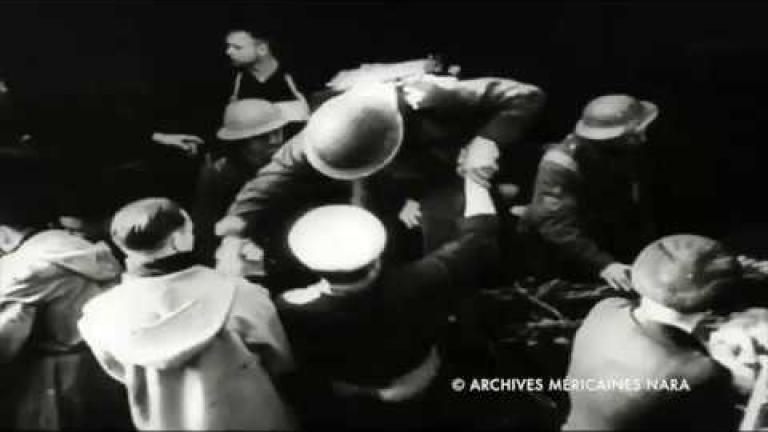
14 May 1940. Netherlands capitulate.
4 days into the offensive, 800 deaths in bombed-out Rotterdam bring about the capitulation of the Netherlands. The country comes under Nazi domination while Queen Wilhelmina and her government go into exile in Britain. They were the first of many political figures who would converge on London, which would soon emerge as the capital of European resistance.
